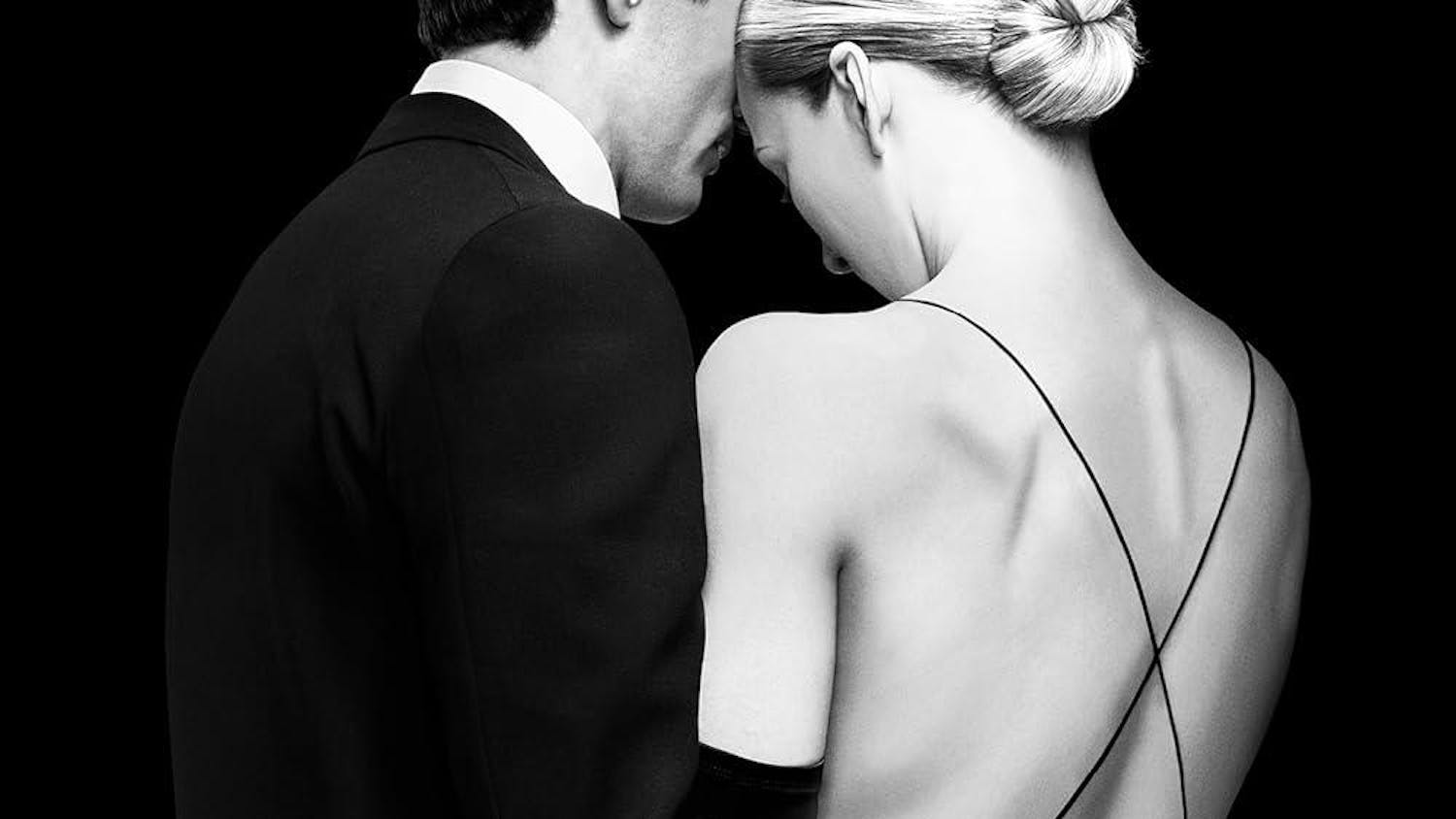A meet cute. Those first sparks. Infatuation as a high like no other, like wanting to get to know everything about a person, like wanting to turn them inside out and understand, really, everything that makes them who they are. I’m not an expert on the feeling, but I’d be lying if I said I’ve never experienced anything like it.
When I first heard Bon Iver’s “SABLE, fABLE” I didn’t expect it to be an album about love — or, more accurately, obsession. Originally released in Oct. 2024, Bon Iver’s three-song EP “SABLE,” struck me as absolutely introspective; raw, sparse and inexplicably vast in sound, “SABLE,” sang of self-realization and acceptance. Beautifully orchestrated and emotionally evocative, it was one of my favorite albums of the year. Although “SABLE, fABLE” is technically one album — with “SABLE,” making up Disc 1 of the 13-song, 41-minute long runtime — there could not be a greater emotional dichotomy between discs 1 and 2 of the album.
If “SABLE,” was Bon Iver’s journey to self-acceptance, “fABLE” is the product of that newfound confidence. A rebirth in its own right, “fABLE” sings of a new perspective manifested in the idea of romantic love. “fABLE” itself is upbeat, elaborate, and pop-y — a drastic sonic turnaround from “SABLE,” which leaned more heavily into Bon Iver’s folk roots. Although Disc 2 holds its own as a solid pop album, it doesn’t quite measure up to the expectation that “SABLE,” set, trading depth for extrospection and rawness for an overly-produced pop sound.
We are given a mellow introduction to “fABLE” in “Short Story,” the first track of Disc 2. Stripped down instrumentally, it follows in the same sparse yet orchestral quality that defined “SABLE,” and creates a smooth bridge between the two discs of the album. As the song ends, we are met with a steady synth beat that leads us into track 2 of disc 2, “Everything is Peaceful Love.” Originally released as a single, “Everything is Peaceful Love” serves as the emotional pivot of the album. With a fast synthetic drum beat backing elaborate horns, the song builds excitement; it is the initial meeting — childish innocence, giddy anxiety. “And damn if I’m not climbin’ up a tree right now / and everything is peaceful love, and right in me,” Bon Iver sings. It’s sweet — if not a bit saccharine — in its innocent rhymes (“trippin’, slippin’, rippin’, limpin’, blinkin’”) but the song itself works. It’s a cute way to change the tone of the album and, all around, inoffensive.
With “Walk Home” begins the progression of a relationship. Languid and low-key, Bon Iver sings of the intimacy and peace provided by a sexual relationship. The lyrics are straightforward and sensual — two adjectives not usually associated with Bon Iver’s music — making the song somewhat of a refreshing change from their usual style: “Walk home/” the chorus goes, “Wanna be inside with you.” It is a simple song and a nice addition to the album. Again, all around, rather inoffensive — a trait that will come to define the album.
All the songs on disc 2 of “SABLE, fABLE” are decent. The theme of love is cohesive, and the album itself flows like a love story. It flirts with a multitude of genres, dipping into RnB, pop and folk, so it doesn’t make a boring listening experience. Yet something is missing.
As we traverse from disc 1 to disc 2 of the album, we trade lyrics like “As you live and breathe / I really know now what had hold on me” and “Oh, but maybe things can change / What can wax can wane” for lyrics like “Keep the sad shit off the phone / and get your fine ass on the road” in “I’ll Be There.” It’s a jarring change of pace and, frankly, corny when considered in the context of the three songs that make up “SABLE,.” Don’t get me wrong — I love the concept of this album. I love the innocence in the rebirth narrative. I love the excitement palpable in the layered instrumentation and dreamy synths, with “If Only I Could Wait” being a perfect example of the genius in Bon Iver’s arrangements. I love the romance and sensuality of some of the lyrics, such as “But if only I could pray/ in the blaze of a northern bar/ I’ll bend another straight/ we’ll decay in other ways now” in “If Only I Could Wait.” In fact, the three songs that make up the ending of the album — and the subsequent bittersweet ending of a relationship — are by far my favorites on the track. “There’s a Rhythmn” has a lofi-esque quality to it, and, combined with some of the most beautiful and least cheesy lyrics on the album, serves as a serene yet hopeful ending of the story. And, with no lyrics at all, “Au Revoir” is a beautiful, atmospheric last track that combines melancholy with contentment. But the other songs in “fABLE,” while, again, inoffensive, are forgettable and awkwardly placed in conjunction with the sparse and gorgeous “SABLE,.”
Perhaps my review of this album is a bit close-minded. After all, Bon Iver is known for his melancholic cabin-folk, and, frankly, that is what I’ve come to expect from him. I appreciate his attempt to break the formula with this album, and I find the pipeline between self-acceptance and romantic love appealing. And I love how he returns to form at the end of the album, turning the story back inwards, giving the lyrics more depth. However, I can’t help feeling disappointed by the bluntness of the lyrics (I like my music a bit pretentious), the overuse of synths and the lack of vocal emphasis in the second disc of “SABLE, fABLE.” But, then again, perhaps that’s indicative of the human experience. After all, “fABLE” is a love story, and, in the end, all love stories are a little bit awkward and a little bit innocent. That’s what makes them so pure, after all.
Yaelin Hough is a freshman in the College of Arts & Sciences. She can be reached at yh2299@cornell.edu.











